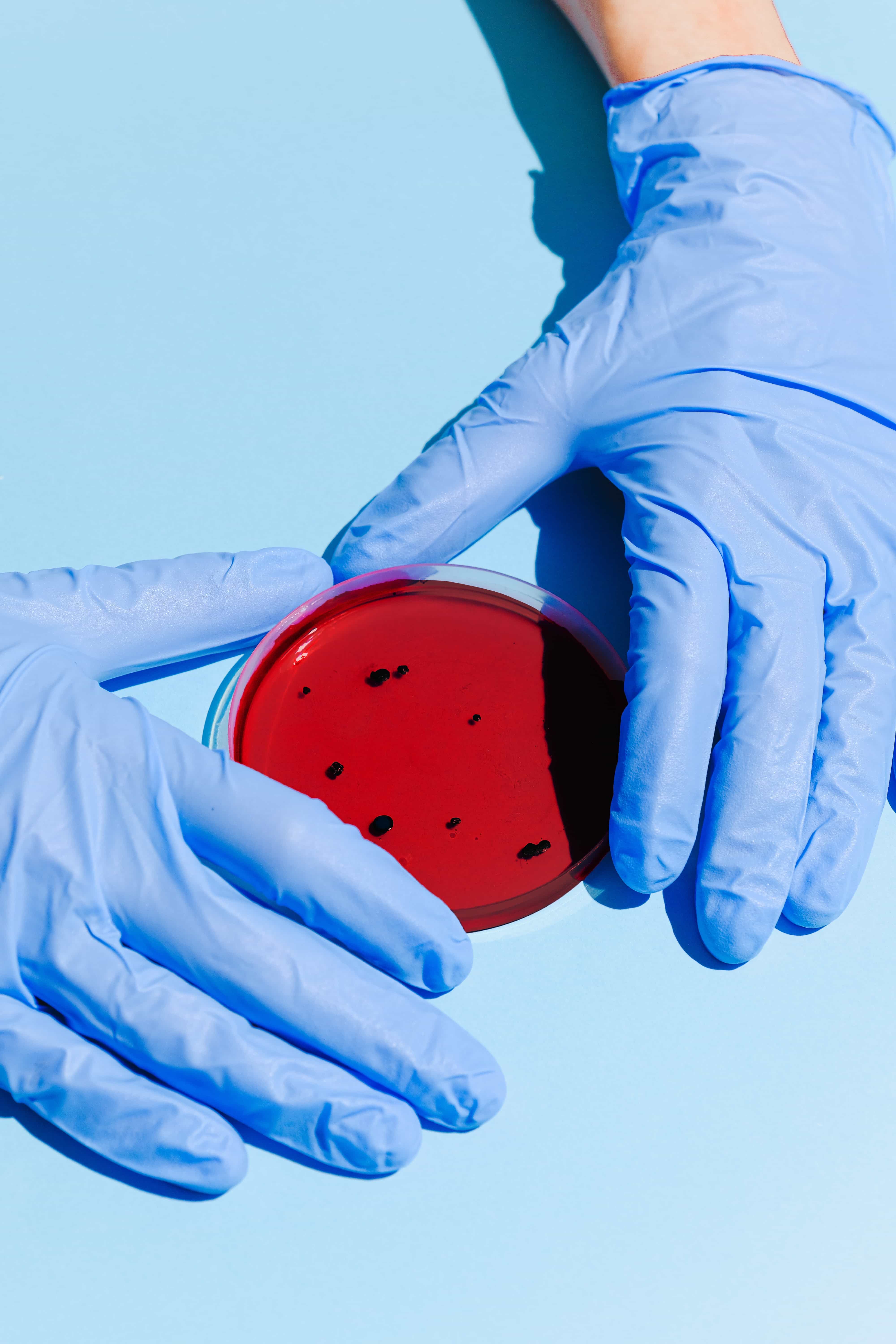What are germs and how do they spread?
Most of the microbes in the world are harmless to people. Some types of bacteria even do us good, like the ones in our gut that help us digest food. But it’s worth knowing about germs (microbes that cause illness), and how they can be spread in your home – especially because there’s different ways you can help stop them from spreading.
What are germs?
Germs (also referred to as “pathogens”) are microscopic organisms that can cause illness and infections if they get into our bodies.
The most common types of germs are:
- Bacteria (e.g. Salmonella, which can cause food poisoning)
- Viruses (e.g. Rhinovirus, which causes the common cold)
- Fungi (e.g. Trichophyton, which can cause athlete’s foot)
- Parasites (e.g. Giaridia Intestinalis, which can cause diarrhoea)
How are germs spread?
Bacteria and fungi can survive anywhere warm and moist in your home. But viruses are different. Around one hundredth the size of a bacterium, viruses need to be inside a living host in order to reproduce. It’s through this process that they can cause disease.
Common sources of germ spread:
- Contaminated food and water
- Regularly touched surfaces like doorknobs, taps, TV remotes and telephones
- Cleaning and waste areas like bins, sinks and toilets
- Household waste like used or gone-off food, used tissues and soiled nappies
- Cleaning items like cleaning cloths, sponges and dirty toothbrushes
- Pets and other animals like rodents and flies
- People
How do germs get into the body?
There are several ways that germs can get into our bodies.
- They could be eaten in contaminated food.
- Germs in the air could be inhaled through our nose and mouth and get into the lungs
- Germs on our skin can enter via untreated cuts or wounds
- They can be introduced to our bloodstream through injections, surgery or through animal or insect bites
- Finally, some specific germs in our body fluids can be passed onto others through bodily contact.
How can you help protect yourself?
Germs can spread quickly, and now that you know how germs spread and how they get into your body, you can better protect yourself. Incorporate the following hygiene habits to help protect you and your family from illness causing germs.
Hand Hygiene
- Regularly wash your hands with Dettol Liquid Hand Wash* or apply Dettol Hand Sanitiser* to help stop the spread of bacteria as you go about your day.
Disinfect regularly touched surfaces
- Spray and wipe countertops in your kitchen, disinfect your bathroom (including basins, shower doors and faucets) and other regularly touched surfaces to reduce the spread of germs in your home. Dettol Disinfectant Spray* can assist due to its convenient nature of being able to use on both hard and soft surfaces.
Clean your clothes
- If you or your family members have been suffering from colds and flu, add Dettol Laundry Sanitiser* to your laundry to kill bacteria & viruses and stop them from spreading.
For more information on how you can stop the spread of germs, visit our tips page here.
*Use biocides safely. Always read the label and product information before use.
